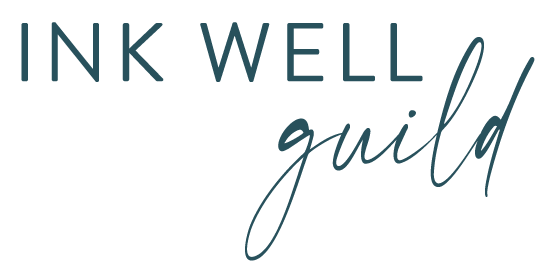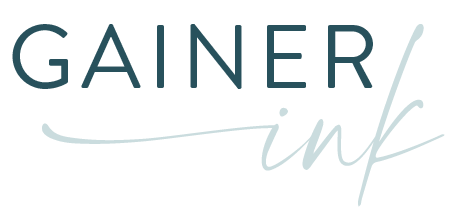A client call doesn’t have to be scary. To be prepared and have a boost of confidence, there are 5 questions to ask yourself beforehand.
One of the perks of being a freelance writer is getting to meet interesting people doing interesting things inside interesting businesses and organizations, and the client call is one of the most enjoyable ways to do that (when it goes well)!
Types of client calls
The initial client call is the discovery call, which is when you discover whether or not you and this prospect are a good fit for each other.
When you already have a client, a call could be to get information about a project, to communicate a snag on the project, or to discuss a problem at the end of the project that needs to be worked out.
1. Who’s leading the conversation?
If it’s you, have an agenda and use that to guide the conversation. You don’t need a formal agenda written up on letterhead. It can be in your head or scrawled on notepaper. The main point is to know what the purpose of the call is.
2. What’s the goal of the conversation?
Do you need a list of questions? Do you need to give a status report? Is this to see if you are a good fit for a project? Do you need to know why they haven’t paid your invoice yet?
3. Can you move the client call to email?
This is everyone’s favorite question. Coordinating schedules and establishing milestones can be emails. Interviews can’t. Things that are unilateral and not too back-and-forth work best for email.
You might not be a good fit with a client who prefers to “hop on a quick call” for almost everything if your schedule is pretty inflexible (like mine right now). Some people don’t mind this. But since I have a crazy family life, I have to schedule calls in advance.
4. Will this be a brainstorm/discussion session or info-gathering?
This guides the intent of your call. Brainstorming is a lot more collaborative, whereas information gathering is usually one person needing information and the other person giving information. Onboarding and interview calls are information gathering. Discovery calls can be brainstorming.
5. How much time do you have available?
This is where knowing the intent of the call beforehand is important. For instance, brainstorming sessions take longer than information gathering calls. If you only have 20 minutes for a brainstorming call, it might not be enough. For example, I don’t book less than 30 minutes for my discovery calls.
When a client call goes sideways
A client call could go astray. One example could be awkward silence. Another could be the client rambling on in a different direction than you want the conversation to go. So what do you do? Another list to the rescue!
- Are you getting the information you need? If not, you can redirect the conversation and go back to your question/request.
- It’s ok for you to say “let me think on that and I’ll get back to you.”
- It’s ok for you to say things like “my best guess is ___, but let me ask around and get back to you.”
Remember–client calls are between two PEOPLE, nothing more. You are doing a job. The client is paying you to do that job. You need to have the information and be able to access the resources. That’s what client calls can help you with.
For some tips on finding clients, check out my blog post “How To Find Clients In 2021: Methods For Freelance Writers.”
Join us
Come join me and other freelance writers in my free Facebook group, The Ink Well Guild with Ashley Gainer, at theinkwellguild.com!





